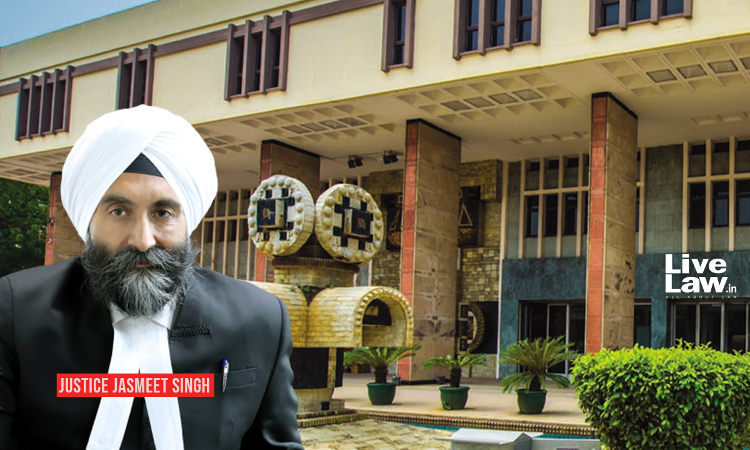NSE Phone Tapping Case: Delhi High Court Grants Bail To Chitra Ramkrishna In Money Laundering Case
Nupur Thapliyal
9 Feb 2023 10:41 AM IST

Next Story
9 Feb 2023 10:41 AM IST
The Delhi High Court on Thursday granted bail to former NSE (National Stock Exchange) CEO Chitra Ramkrishna in a money laundering case related to the alleged illegal phone tapping of employees by National Stock Exchange (NSE). Justice Jasmeet Singh said that prima facie, there are reasonable grounds to believe that Ramakrishna is not guilty of the offence and that she is not likely to commit...
